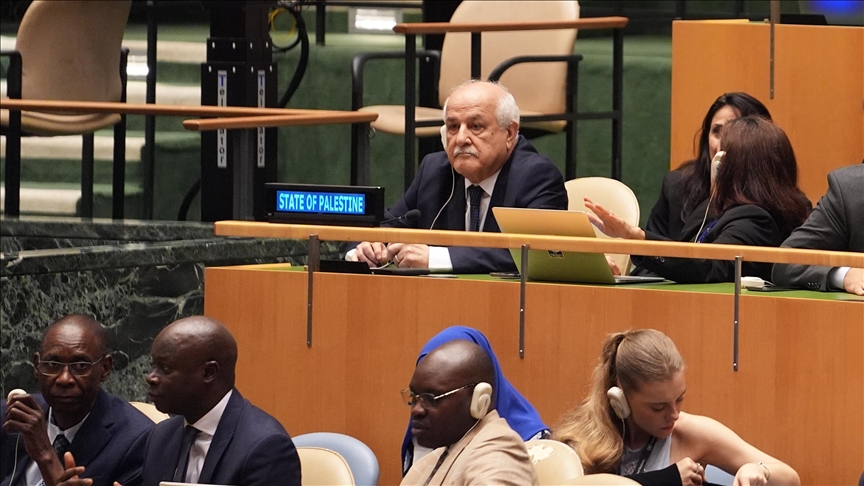In a move that has sparked international criticism, the Arab Islamic Ministerial Committee on Gaza has voiced strong disapproval of the United States’ decision to withhold entry visas for the Palestinian delegation scheduled to participate in the upcoming 80th session of the United Nations General Assembly (UNGA), set to take place in New York this September.
The Committee, which operates under the umbrella of the Organisation of Islamic Cooperation (OIC) and includes key Arab and Islamic states with vested interests in the Gaza crisis, issued a formal statement on August 30, 2025, through the Ministry of Foreign Affairs of the Kingdom of Saudi Arabia, expressing deep regret over the decision made by the U.S. Department of State. According to the Committee, barring the Palestinian delegation from attending such a crucial global platform not only contravenes international diplomatic norms but also directly undermines the spirit of multilateral dialogue.
The body emphasized that the U.S., as the host of the UN Headquarters, has a legal obligation under the United Nations Headquarters Agreement to facilitate entry for member-state representatives participating in official UN functions. The denial of access, they argue, poses a serious threat to inclusive diplomatic engagement and weakens opportunities for peace-oriented conversations on the Israeli-Palestinian conflict — especially at a time when tensions in the Middle East continue to escalate.
In its appeal, the Committee called on the U.S. government to immediately reconsider and reverse the decision, urging adherence to international obligations while reinforcing the importance of diplomatic neutrality. It further stated that the participation of the Palestinian delegation is crucial, not just as a symbol of political inclusion, but as a testament to the global community’s commitment to pursuing dialogue over discord.
The statement also reaffirmed the Committee’s full support for the Palestinian National Authority (PNA) and its President, Mahmoud Abbas, for his continued leadership in advancing institutional reforms and engaging global stakeholders in peaceful conflict resolution. It highlighted the Palestinian Authority’s steadfast opposition to violence, extremism, and terrorism, despite facing unprecedented levels of military and humanitarian pressure in recent months — particularly in Gaza and the West Bank.
The Committee warned that any move to isolate or weaken the Palestinian leadership, particularly at a time when the region is grappling with growing instability, could derail ongoing peace efforts and trigger wider consequences. It stressed that denying diplomatic visibility to the Palestinian Authority not only emboldens extremist elements but also threatens to fuel a cycle of violence that could engulf the region further.
According to international analysts, the U.S. visa decision risks inflaming tensions with Arab and Islamic allies, many of whom have maintained fragile relations with Washington in light of recent developments in Gaza and the broader Middle East. With the 80th UNGA session expected to tackle a range of urgent global issues — including the Israeli-Palestinian conflict — the exclusion of Palestine’s official representation raises questions about the legitimacy and inclusivity of discussions on the world stage.

